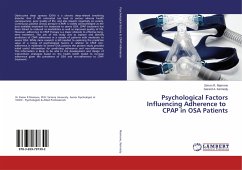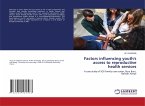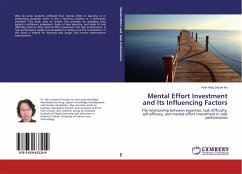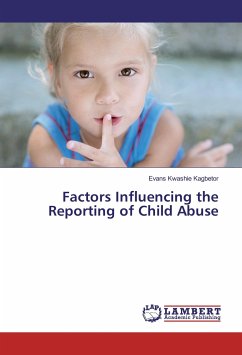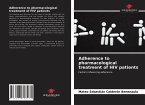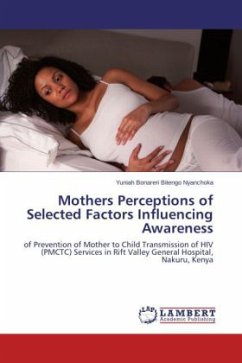Obstructive sleep apnoea (OSA) is a chronic sleep-related breathing disorder that if left untreated can lead to serious adverse health consequences, poor quality of life, and also impacts negatively on society. Continuous positive airway pressure (CPAP) is widely acknowledged as the best available treatment for moderate to severe OSA. CPAP treatment has been linked to reduced co-morbidities as well as improved quality of life. However, adherence to CPAP therapy is a major obstacle to effective long-term treatment. The aim of this study was to explore and identify predictors of CPAP adherence in a sample of patients with moderate to severe OSA. While more research is still needed to exploring the predictive value of a range of psychological factors in relation to CPAP non-adherence in moderate to severe OSA patients the present study provides initial useful information for predicting adherence and non-adherence. This information is likely to be vital to the development and design of intervention strategies based on the health belief model to increase adherence given the prevalence of OSA and non-adherence to CPAP treatment.
Bitte wählen Sie Ihr Anliegen aus.
Rechnungen
Retourenschein anfordern
Bestellstatus
Storno

